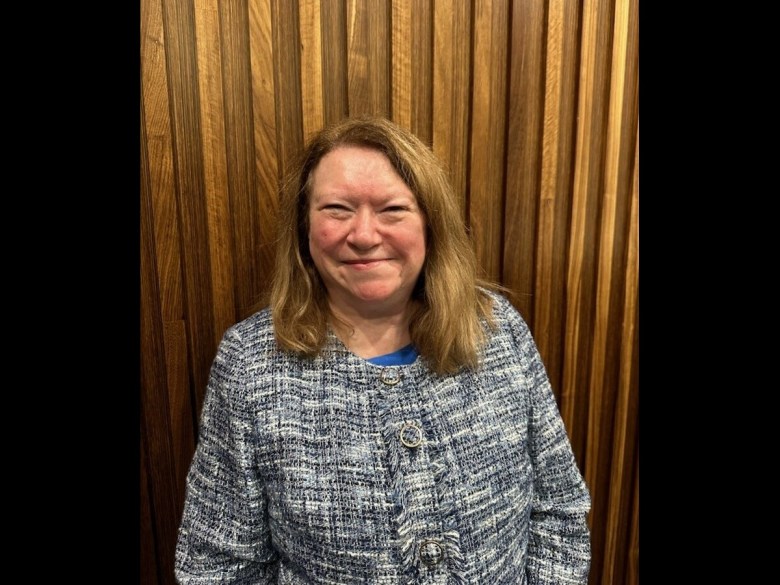This is the second of a two-part interview with Yenn Purkis and Wendy Hill. Read part one here.
The first quarter of this year has seen changes at the Disability Leadership Institute (DLI), with two new Deputy CEOs stepping into their roles.
Yenn Purkis and Wendy Hill are familiar names to many in the sector.
Both new deputy CEOs say they are proud to be disabled and are open about their condition.
“It’s just me,” Hill said.
“If you see me, you can’t not see it. I’ve got a very obvious disability.”
Purkis said they are “loud and proud” about their intersectionality.
“I don’t separate out the bits of myself. I do belong to a fair whack of intersectional groups. I think that being proud of who you are when you belong to equity-type cohorts is a political act, and it’s a positive political act. So I make sure I do it.”
Purkis has had both visible and invisible disabilities, and said her experience shifted when her disability became obvious to passersby, because people suddenly recognised her as being disabled.
But they said it’s important for people with disability, whether visible or invisible, to “metaphorically stand up and be counted”.
“We do live in a world where there is discrimination and ableism, and you can never be complacent in this space – otherwise, things will not get better. It’s really important that people feel able to make a statement and say, ‘I’m proud to be myself just as I am. I have the same rights that anyone else does’.”
The two are acutely aware of the power in the term ‘disability leadership’, and of the fact that many people don’t see disabled people as leaders.
But they say they will keep fighting to change perceptions and challenge misconceptions.
“For me, [disability leadership] is about… letting people have that permission to recognise that they’re a disabled leader. I came late to the disability space, and that’s why I’m so passionate about it, because I can see people underestimating themselves and doing themselves a disservice,” Hill said.
She said workplaces could make simple changes to allow disabled people to embrace their leadership potential by making their workplaces more accessible. Allowing work from home is a lifeline for many disabled people, letting them perform to the best of their ability.
“It’s the practicalities that really hinder people being able to achieve and get on with their work,” she said.
Mentoring is another measure that can help nurture leadership potential and develop people’s confidence in themselves and their work.
Purkis added that people with disability need to be kind to themselves too.
“Respect who you are, and understand that you have the right to exactly the same fair and equitable treatment as anyone else. You have the same right to career progression,” they said.
Hill added that employers also need to educate themselves on hiring people with disability and providing necessary accommodations.
Knuckling down
The pair have now settled into their new roles at DLI and are looking forward to developing the organisation further.
Hill said she wants to help encourage more disabled leaders to come through.
“People at times don’t realise they’re a leader, so building that, widening the scope of the organisation by bringing more members in, making the members more aware – and then, eventually, the whole world improves and changes,” she said.
Purkis agreed, adding “the goal of leadership is to create more leaders.”
“It’s such a privilege to work in this space and to support leadership for people with disability,” they said.
“We are changing the world. And how nice is that, to have a job where you can change the world!”

